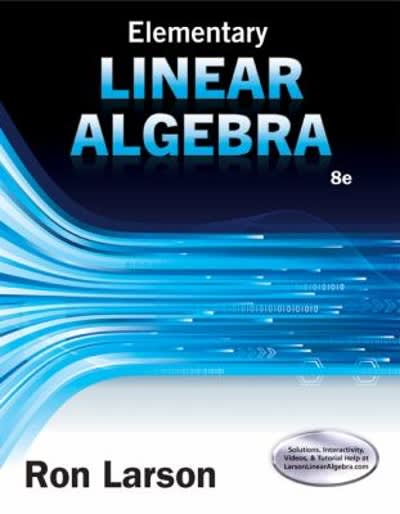Please answer all parts to questions 1 and 2 with work shown. Thank you
paper and staple to this assignment. 1. Do Exercise 4.104 from the textbook (reproduced below). 4.104 Powerball is a game of chance that has generated intense interest because of its large jackpots. To play this game, a player selects five different numbers from 1 through 69, and then picks a Powerball number from 1 through 26. The lottery organization randomly draws five different white balls from 69 balls numbered 1 through 69, and then randomly picks a red Powerball number from 1 through 26. Note that it is possible for the Powerball number to be the same as one of the first five numbers. a. If a player's first five numbers match the numbers on the five white balls drawn by the lottery organization and the player's red Powerball number matches the Powerball number drawn by the lottery organization, the player wins the jackpot. Find the probability that a player who buys one ticket will win the jackpot. (Note that the order in which the five white balls are drawn is unimportant.) b. If a player's first five numbers match the numbers on the five white balls drawn by the lottery organization, the player wins about $1,000,000. Find the probability that a player who buys one ticket will win this prize. 2. Do Exercise 4.112 from the textbook (reproduced below). 4.112 A Wired Equivalent Privacy (WEP) key is a security code that one must enter in order to access a secure WiFi network. The characters in the key are used from the numbers o to 9 and letters from A to F, which gives 16 possibilities for each character of the key. Note that repeats are allowed, that is, the same letter or number can be used more than once in a key. A WEP key for a WiFi network with 64-bit security is 10 characters long. a. How many different 64-bit WEP keys can be made by using the given numbers and letters? b. A specific 64-bit network has a WEP key in which the and, 5th, 8th, and 9th characters are numbers and the other six characters are letters. How many different WEP keys are possible for this network? c. A hacker has determined that the WiFi network mentioned in part b will lock him out if he makes 20,000 unsuccessful attempts to break into the network. What is the probability that the hacker will be locked out of the network







